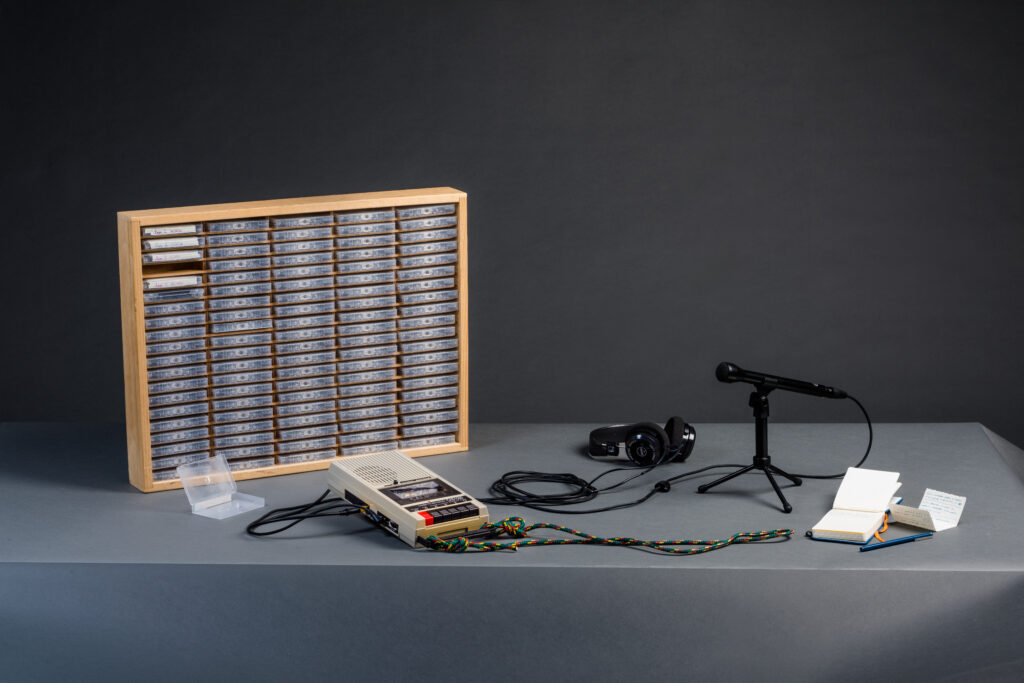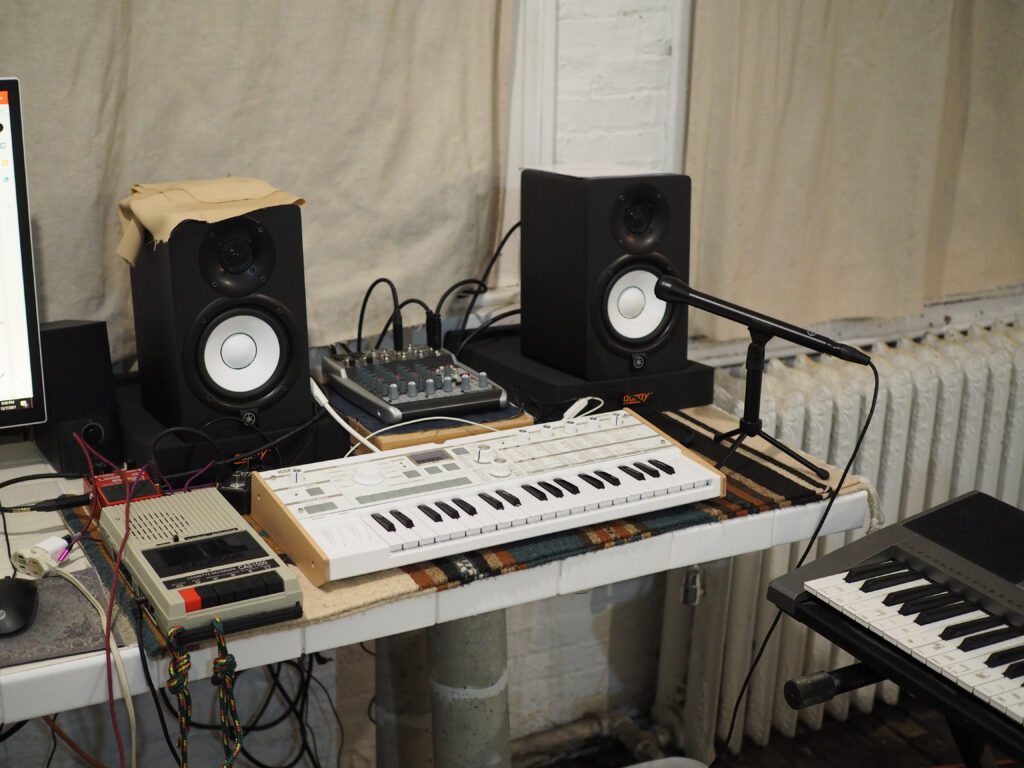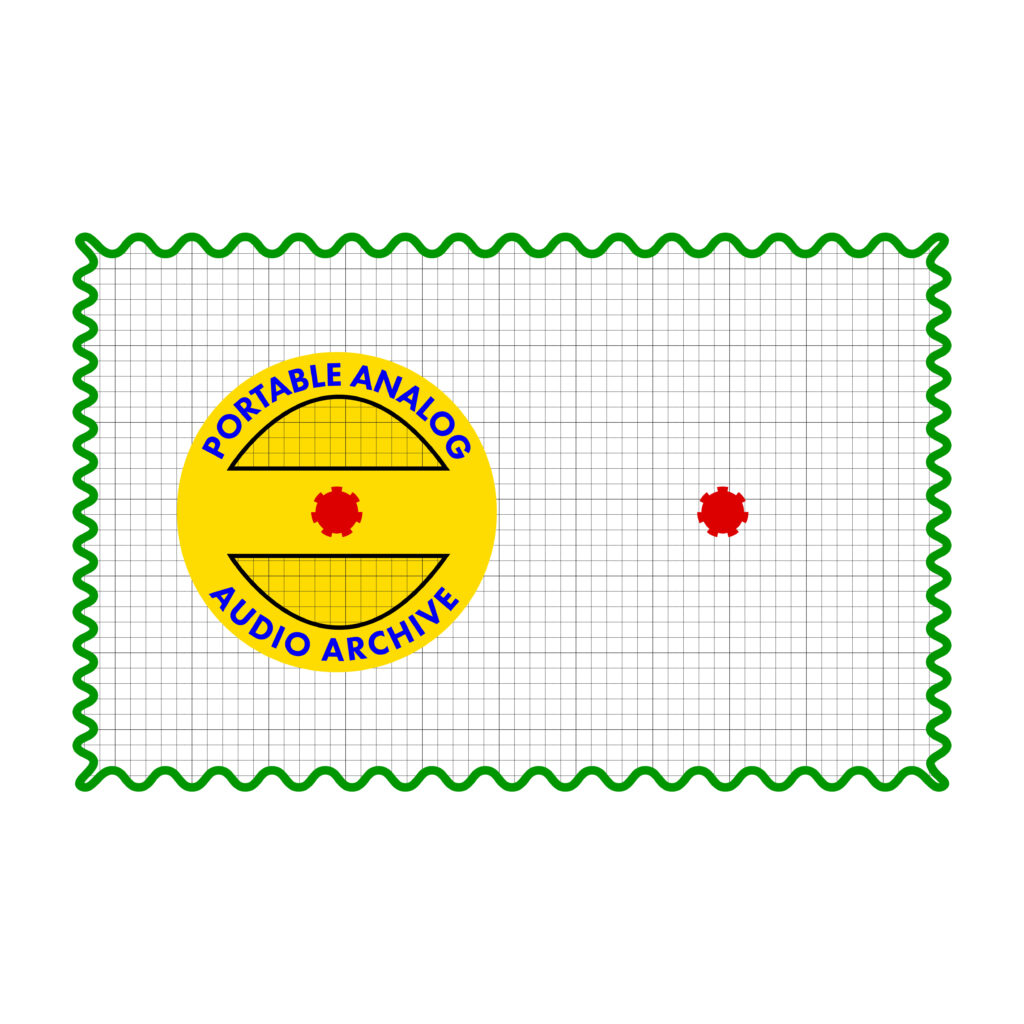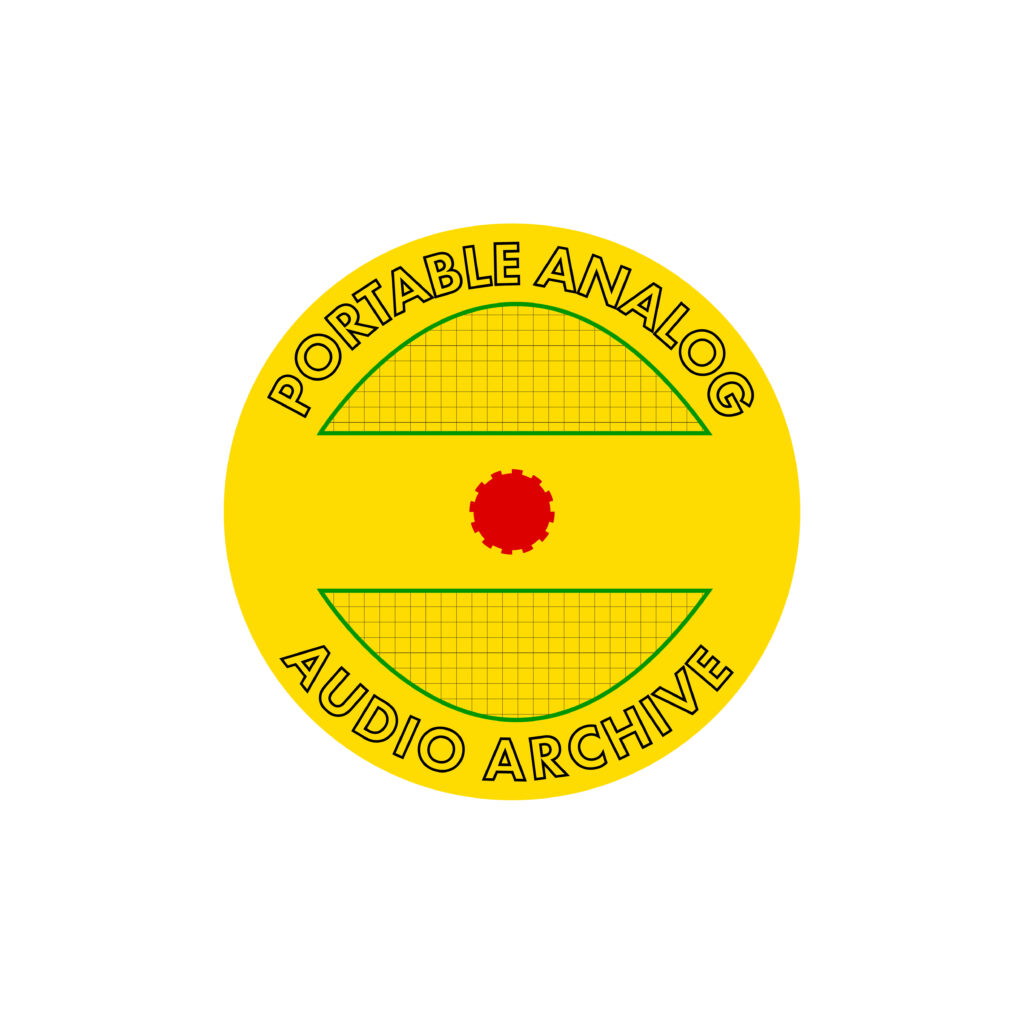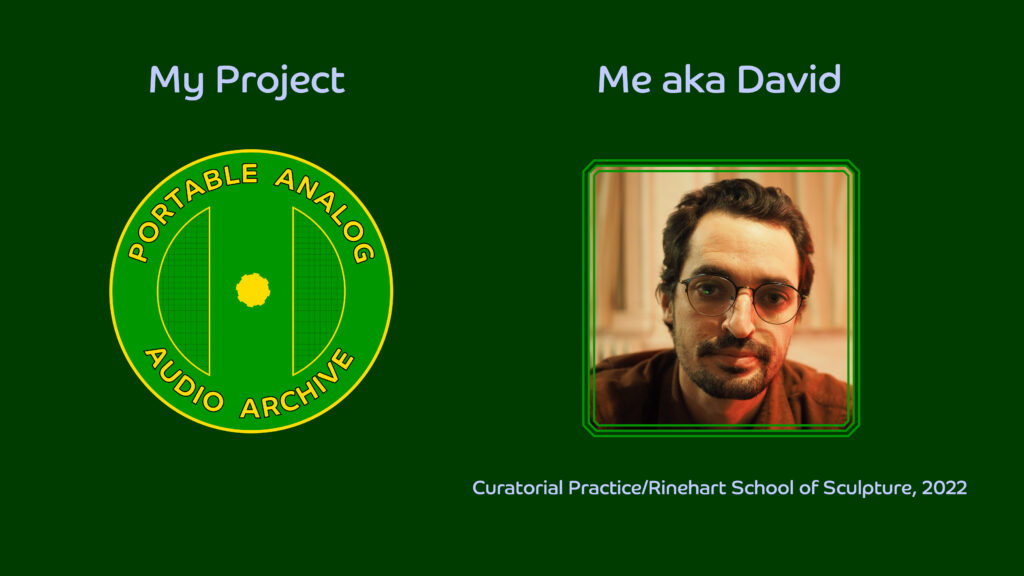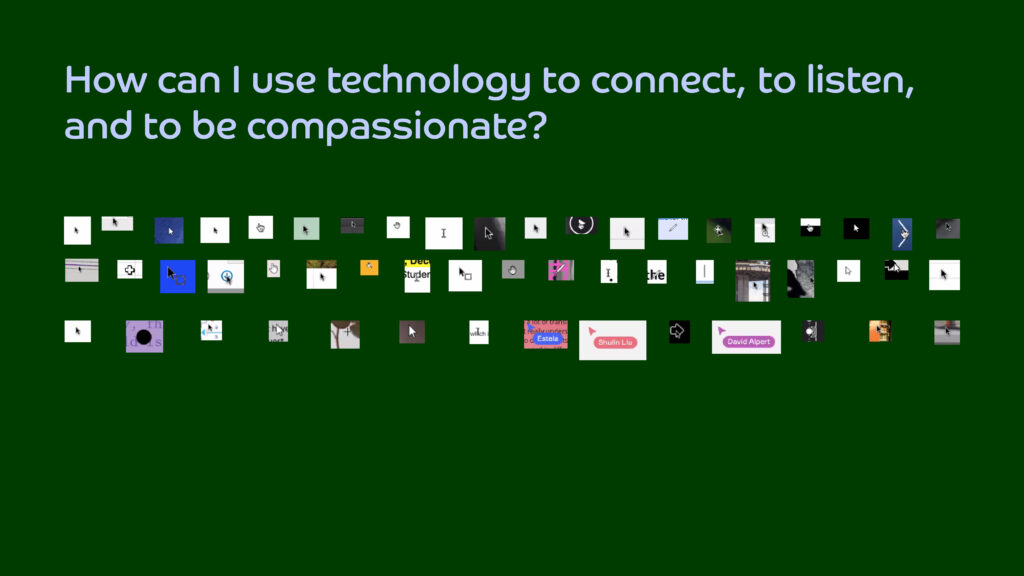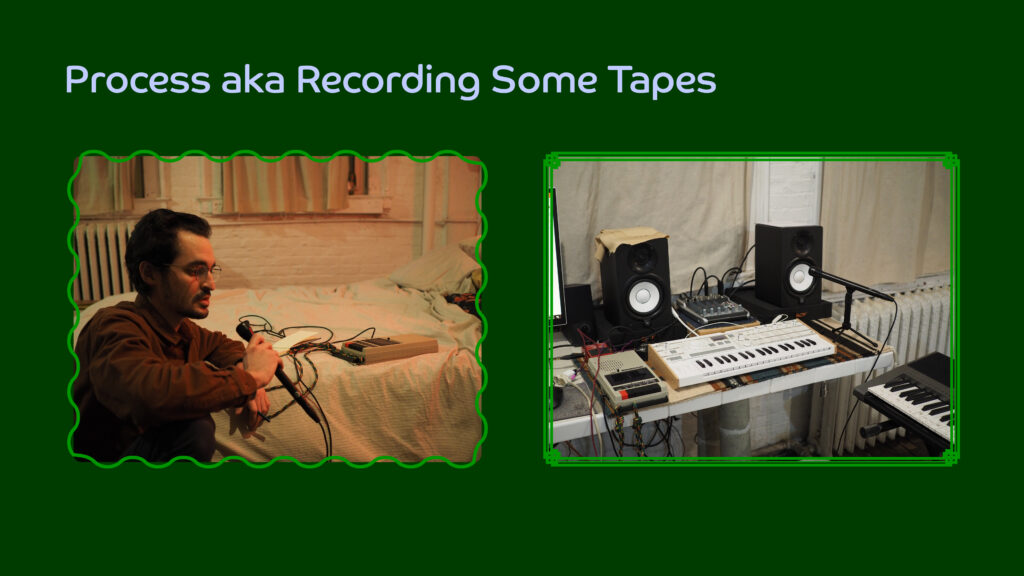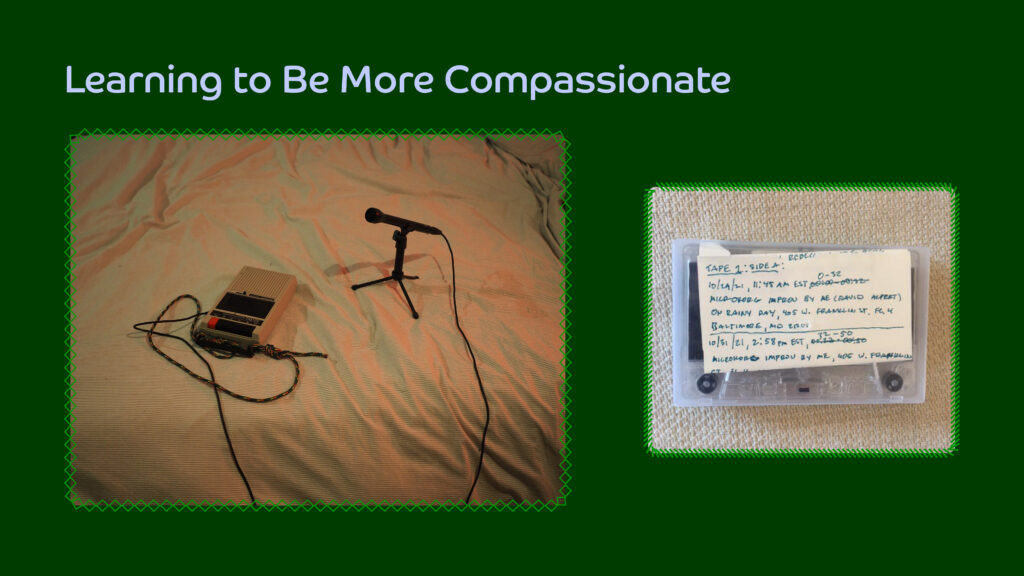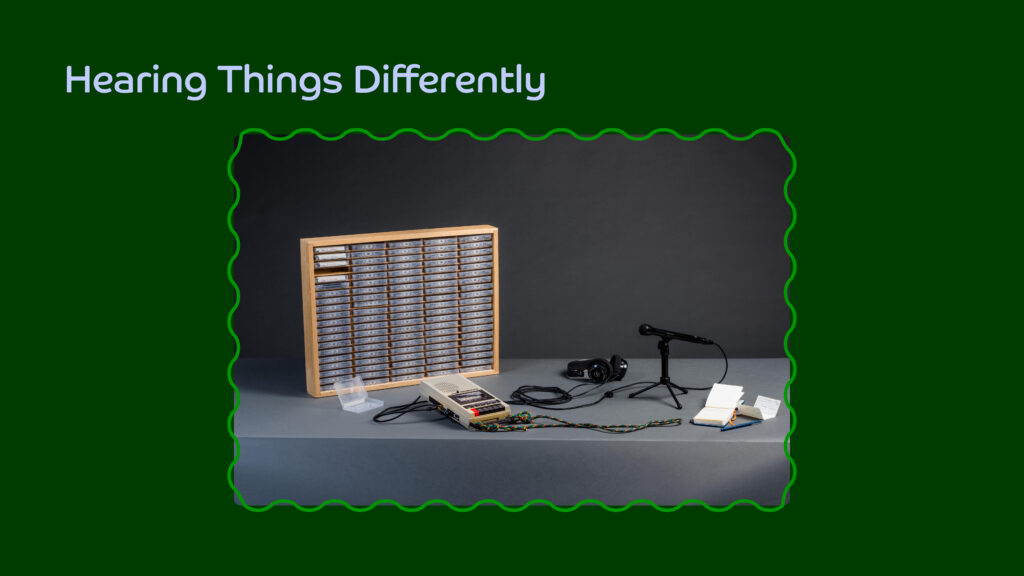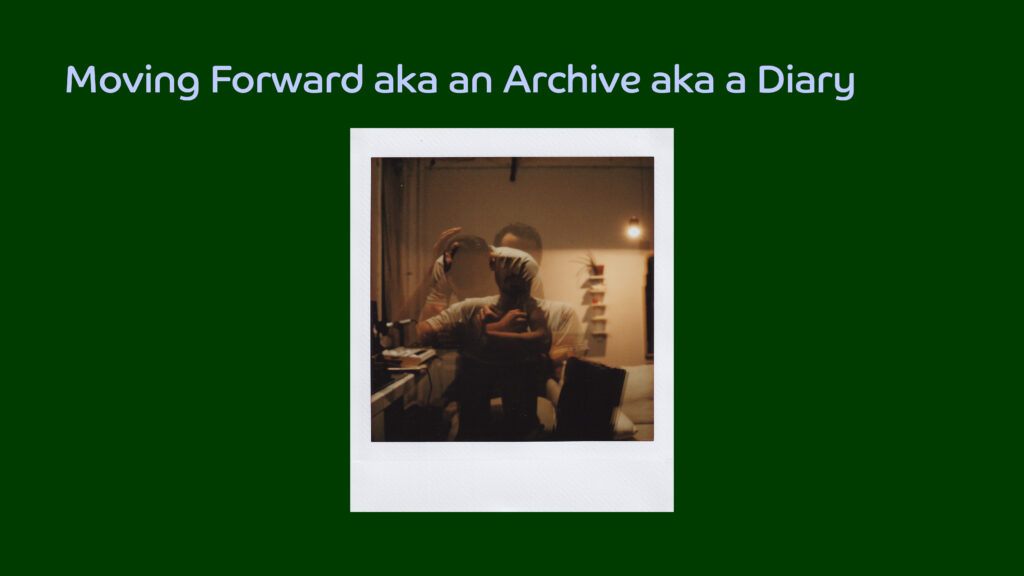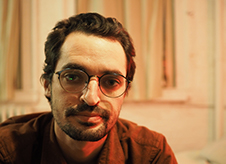
David, Curatorial Practice/Rinehart School of Sculpture, 2022
David Alpert is an artist and curator based in Kansas City, Missouri. He likes interactions, compassion, and exploring feelings. He also likes libraries, rivers, and movie theaters. He tries to ask meaningful questions—both to himself and others. He especially likes the question—How are you?
Project Overview
In the Portable Analog Audio Archive (PAAA), David Alpert uses the analog technology of cassette tapes as both method and metaphor to interpret our memories. By restricting the resulting sound archive to analog tapes, the PAAA facilitates intimacy, both in recording and listening to improvisational music, bootleg audio books, dating profiles, and poetry readings. Unlike other cassettes, these tapes mix disparate recordings together, mimicking the real-life and sometimes haphazard experience of remembering. The PAAA is nostalgic. It wants to relive moments over and over. It feels the weight of all its memories, even the ones that it does not remember.
From left to right: David recording, One setup for the PAAA, the PAAA logo
Process
Sometimes, memories can feel so heavy. It is like they are inside of him (David), a small but dense weight often in his chest and back. The Portable Analog Audio Archive has been a way to think about these memories. By think, he means feel. How does thirty-one (almost thirty-two) years of memories become contained within him? Does he alleviate that weight by recording them on these cassette tapes, or is he leaning into his nostalgia? He’s not really sure, but he enjoys making these tapes. He enjoys listening to them. He thinks he’ll keep recording them. It feels important to him.
Here are some process photos including some initial logo ideas.
Presentation
Here is the script for the presentation. David made some slight changes to this both before and during the presentation. The numbers correspond to the slides.
- Hello, my name is David Alpert. I’m a curator and artist from Kansas City, Missouri. This is my project, the Portable Analog Audio Archive. It’s an ongoing collection of various recordings on cassette tapes. Things like music, poetry readings, feelings, and random noises.
- I’m interested in memory, and I’m interested in connection. My memories feel heavy. They make me feel sad, or lonely, or comforted, or nostalgic. They move so quickly. I feel like I can go through years of memories in the span of a few minutes. Sometimes, I long for the ones that I can’t remember. And I remember that longing. A lot of memories are about my relationships. Or, they’re really about moments of connection. Moments of embrace, of kissing, of just being with someone, feeling that bond. I cherish these memories. Since the pandemic, connection has become more difficult for me. Maybe it’s become more difficult for a lot of people. These pictures are a way that I tried to connect last year during class, which was done remotely. On Zoom, I didn’t get to see people’s hands as much, so I started taking pictures of their cursors, which are kind of like hands. Sometimes, I would follow their cursor with my cursor, as a way to kind of hold hands.
- This is what brought me to the Portable Analog Audio Archive, this desire to connect and to reminisce. I thought that by limiting these recordings to cassette tapes, that it might encourage a more personal type of experience. Something that is maybe more intimate or supportive of vulnerability. So, I bought a bunch of tapes and a recorder. I read poems and played music. I recorded my friends reading haikus and reflections. Some of the things I tried to record worked, and some things didn’t. I wrote down what I recorded, where I was, and when it was. I turned these into little liner notes for each tape. I listened to these tapes, and I’ll listen to them again.
- One thing I learned is to be more compassionate. It feels different, at least to me, when I read something out loud. This was especially true for reading dating apps. As part of this, I recorded myself reading other people’s dating profiles, careful to leave out names and things like that. Reading them out loud felt different. I could connect with that feeling of wanting. The feeling of being vulnerable in the hopes of meeting someone that I like, who likes me back.
- So maybe, in a way, the conclusion of this quote unquote research, at least thus far, is that it is possible to hear things differently. That when truly invested in listening, I can come to better understand myself and others.
- I plan on continuing these recordings. I hope to keep adding to this archive, to meet more people, or to listen to my friends in a new way. This work also becomes a diary of sorts, a cataloging of what I am interested in, who I’m around, or where I’ve been.
- Thank you to everyone who took some time and space with me this semester. To everyone who got some dinner, or a drink, or coffee with me. To everyone who took time to chat. And to everyone who lent their writing and voices to this little archive. And finally, thank you to all of you for taking the time to listen to me today.
Learn More
If you would like to learn more about David or his work, feel free to visit his website, www.alpert.online. For this course, the students create a Creative Process Journal (CPJ). Here is the link to David’s CPJ.

